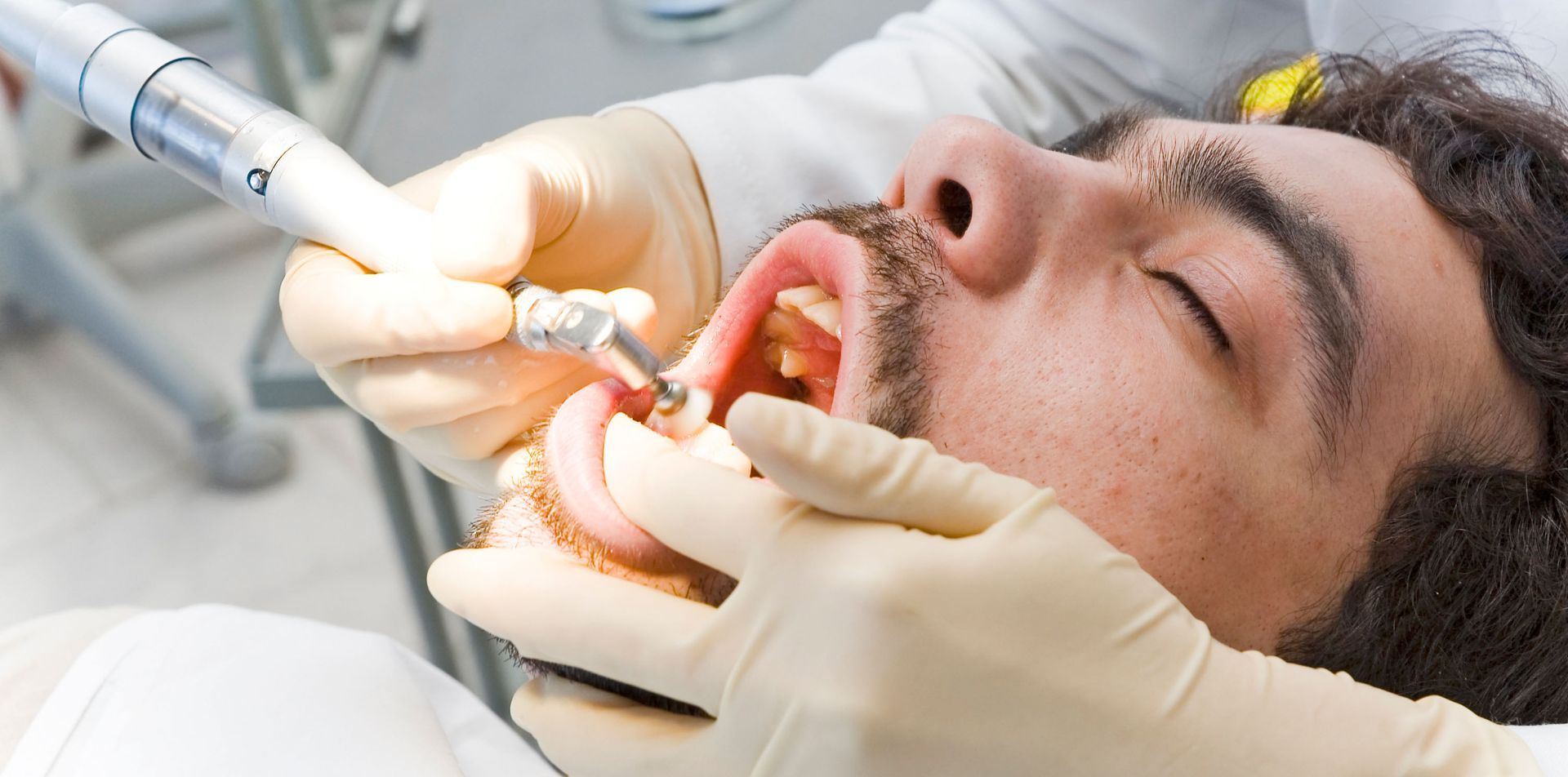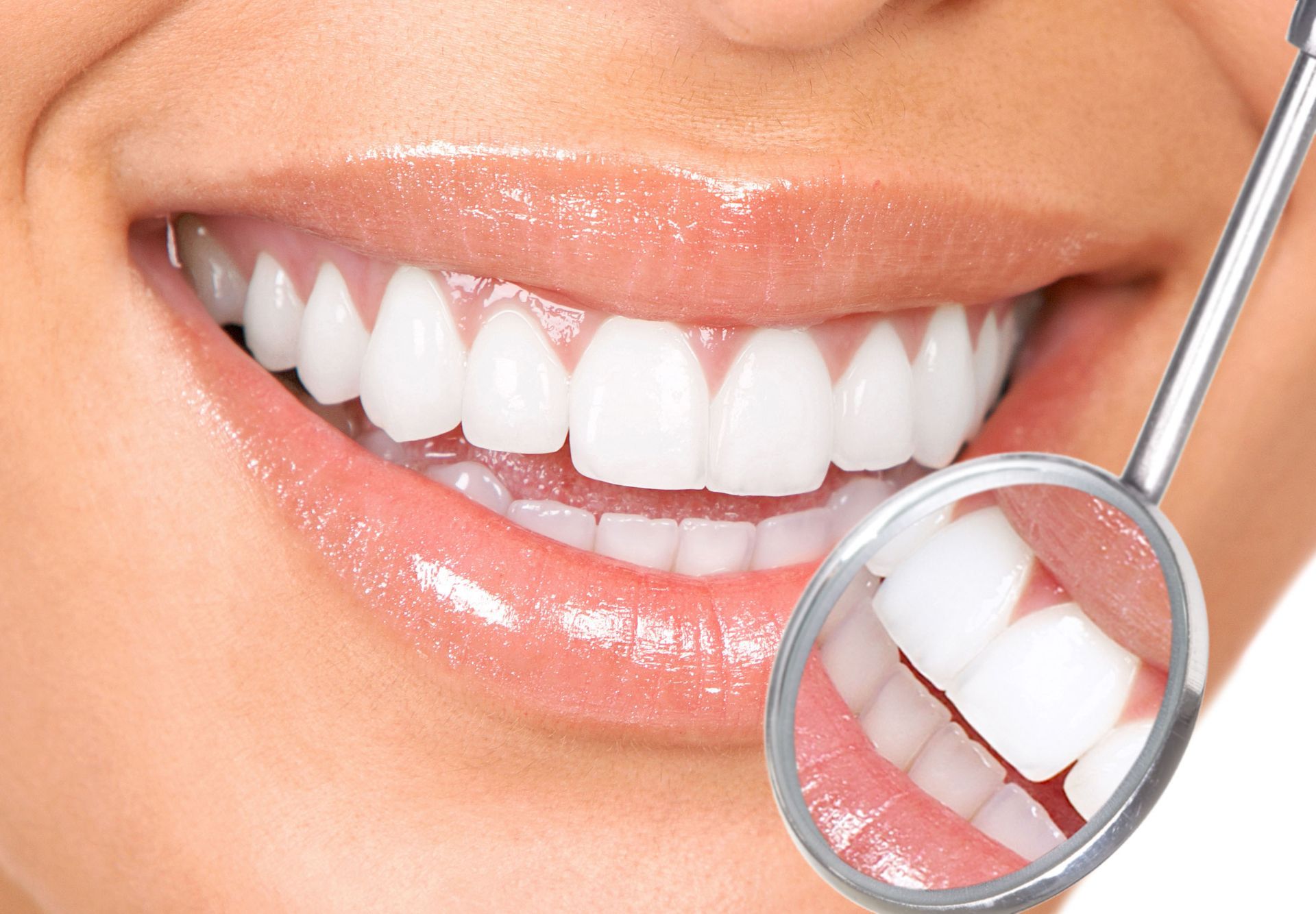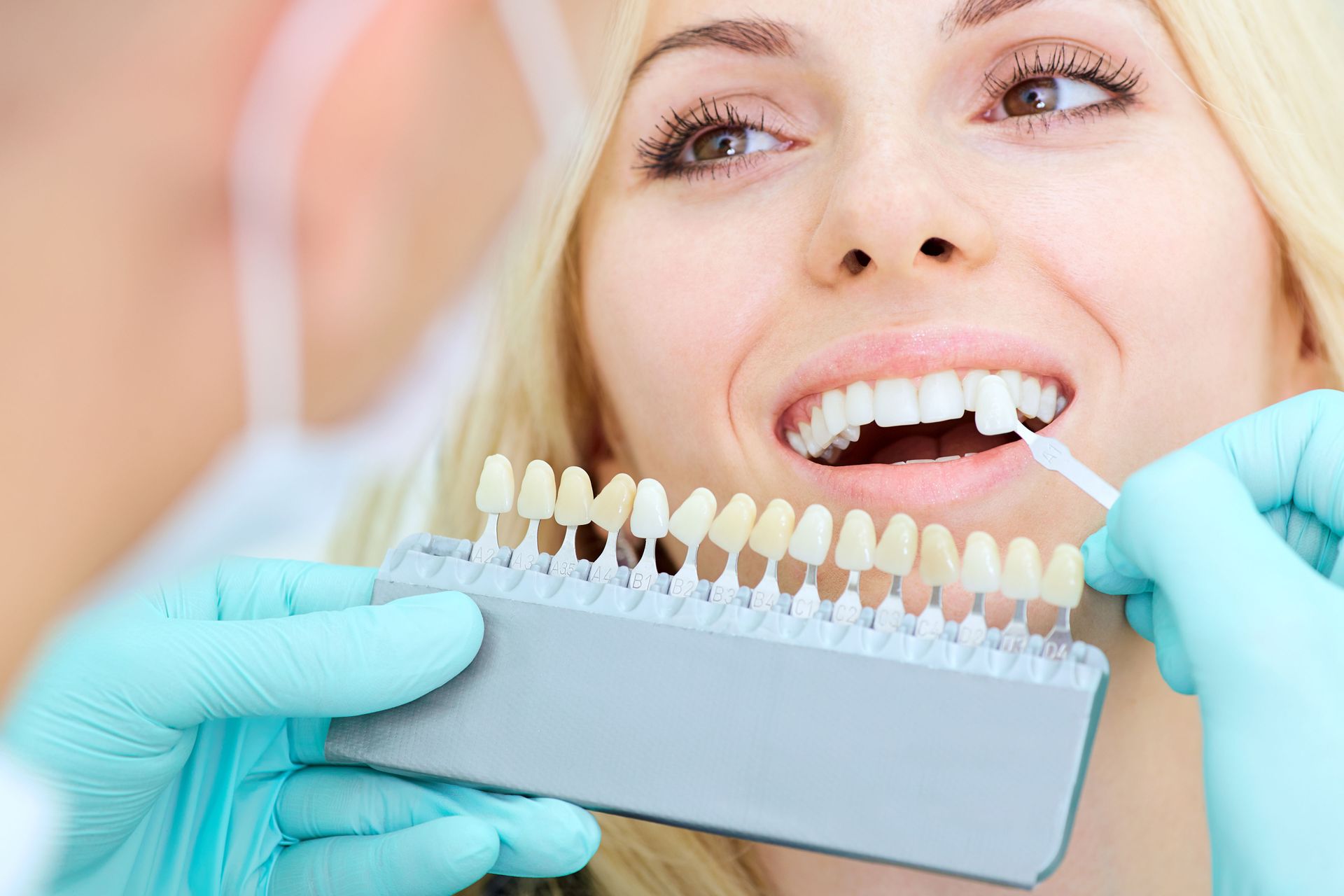5 Common Dental Procedures Typically Covered by Insurance
Highlights:
- Preventive care is fully covered: Most plans pay 100% for routine cleanings, exams, and X-rays.
- Fillings and extractions are commonly included: Insurance often covers 70–80% of fillings and simple tooth removals, which are among the most frequent dental procedures.
- Root canals and crowns get partial coverage: These major treatments are usually covered at 50%, making it smart to plan care with your local dentist
- Annual benefit caps matter: Most plans limit coverage to $1,000–$2,000 per year—coordinating with a local dentist can help stretch your benefits across the calendar.
Routine dental care is essential for keeping your teeth and gums healthy, but it’s no secret that the cost of treatment can add up quickly. Fortunately, many dental insurance plans help cover the cost of essential procedures, making preventative and restorative care more affordable. While every plan varies, most follow a similar structure: they fully cover preventive services, partially cover basic procedures, and offer limited coverage for major work. Understanding what your insurance typically pays for can help you plan treatment, avoid unexpected bills, and stay proactive about your oral health. Let's look at a few common procedures often covered by insurance and how a local dentist in Meridian, ID, can help you make the most of your benefits.
1. Routine Cleanings and Exams
In our experience, dental cleanings and exams are typically covered at 100% under most insurance plans because they play a critical role in maintaining long-term oral health. According to the American Dental Association, visiting your dentist at least twice a year for preventive care is recommended. These visits usually include a professional cleaning to remove plaque and tartar, a comprehensive exam, and sometimes X-rays to catch issues before they become serious. Insurers prioritize these services because they prevent costlier problems down the road, such as gum disease or tooth loss.
2. Dental Fillings for Cavities
When tooth decay breaks through the enamel, a filling becomes necessary to stop the spread and restore tooth structure. Most insurance policies we've seen cover fillings at about 70% to 80%, depending on the type of material used. Composite resin fillings, which match the color of natural teeth, are a popular option but may be subject to coverage limits. In contrast, amalgam fillings—though less visually appealing—are often fully covered. According to the
National Institutes of Health, over 90% of adults aged 20 to 64 have had cavities in their permanent teeth, making fillings one of the most frequently performed restorative procedures. A local dentist in Meridian, ID can provide guidance on insurance-friendly filling options that restore both form and function while working within your plan’s benefits.
Are cosmetic procedures like whitening or veneers covered by insurance?
Typically not. Most plans classify these as elective procedures and exclude them from coverage.
How do I know if my insurance covers a specific treatment?
Contact your insurance provider directly or ask your local dentist to perform a benefits check. A knowledgeable dentist will often help patients understand their plan details.
How often can I get a cleaning covered by insurance?
Most plans allow two cleanings per year, spaced about six months apart.
3. Tooth Extractions
Tooth extractions are often covered as a basic or major service, depending on the complexity. In our experience with insurance, simple extractions are typically 70% to 80% covered, while surgical extractions—such as wisdom tooth removal—might fall under a major category with lower coverage. Whether caused by decay, crowding, or trauma, extractions are necessary to maintain oral health when a tooth can’t be saved. According to the National Library of Medicine, over 20 million teeth are extracted in the U.S. annually, with molars being the most commonly removed. Many patients fear this procedure, but working with a compassionate dentist makes the experience far less stressful. A dentist in Meridian, ID gentle techniques and sedation options that help reduce discomfort while maximizing insurance coverage for patients needing this critical procedure.
4. Root Canal Therapy
Root canals are typically classified as major dental services, but, in our experience, most insurance plans still cover 50% to 80% of the cost, depending on the tooth involved and the plan’s structure. This procedure treats infection inside the tooth's pulp, saving it from extraction. Though root canals have a reputation for being painful, they actually relieve pain caused by infection and help preserve your natural teeth. Because molars have more canals and are harder to reach, treatment costs more, and insurance may pay less for back teeth than for front ones. A trusted local dentist is sure to offer detailed explanations and financing options to help patients make informed decisions with their insurance in mind.
What’s the difference between basic and major dental services in insurance terms?
Basic services include procedures like fillings and simple extractions, while major services include crowns, root canals, and bridges. Coverage percentages vary between the two categories.
Will I need pre-authorization for a root canal or extraction?
Possibly. Many insurers require pre-authorization for major services. Your local dentist can assist with the paperwork.
What if I max out my annual insurance benefits before completing treatment?
You may need to delay non-urgent procedures or pay out of pocket. Ask your dentist about phased treatment plans or flexible payment options.
5. Dental Crowns
Crowns are usually considered major restorative treatments, meaning most insurance policies cover 50% of the cost from what we've seen. A crown may be necessary after a root canal, a large filling, or a cracked tooth. It caps the damaged tooth, restoring its shape, strength, and appearance. Crowns can be made of porcelain, metal, or a combination of materials—your insurance may only fully cover certain types. Crowns as essential for protecting compromised teeth and preventing future issues like fractures or infections. Because they’re long-lasting and improve both function and aesthetics, crowns are a worthwhile investment for many patients. A local dentist in Meridian, ID can review your insurance coverage and explain your material options, helping you choose a crown that fits both your smile and your budget.
Did You Know...
Most dental insurance plans follow a 100-80-50 coverage model. That means 100% of preventive services like cleanings and exams are typically covered, 80% of basic procedures like fillings and extractions are partially covered, and 50% of major procedures like crowns or root canals are covered at a lower percentage.
Also, many policies have an annual maximum benefit, often between $1,000 and $2,000
per year. Once that cap is reached, patients must pay out of pocket until the next coverage period. That’s why working with a local dentist to plan your care across calendar years can help stretch your benefits without compromising your health. In Meridian, ID practices like Copperstone Dental offer strategic treatment timelines that keep your care affordable while staying within insurance limits.
Insurance makes it easier to access the dental care you need without breaking the bank—but only if you understand what’s covered and how to use it. From routine cleanings to root canals and crowns, most plans support a wide range of procedures designed to preserve your oral health and prevent more expensive treatments down the road. Working with a local dentist who understands the ins and outs of insurance coverage is key to maximizing your benefits. If you’re in Meridian, ID, Copperstone Dental offers comprehensive care and insurance guidance to help you maintain a strong, healthy smile all year round. Don’t wait until a small issue becomes a big problem—schedule your next checkup and put your dental benefits to good use. We can get you started today with same-day dentistry!











Share On: